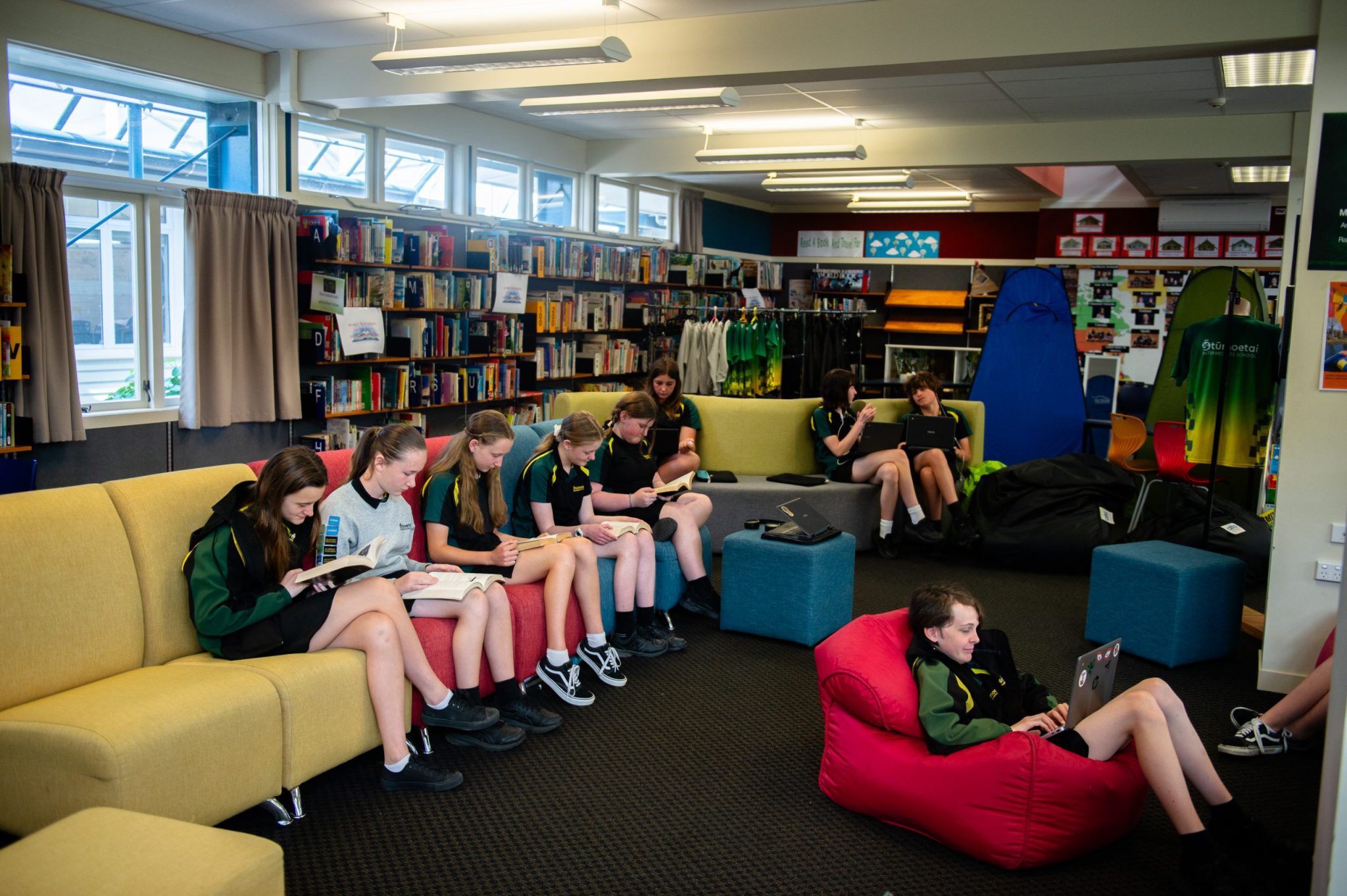As your child moves through the middle school years, life can be exciting and challenging for both them and you. This is a time of change in almost all aspects of their lives. While at intermediate school you can expect to see some of the following behaviours:
- Children will change physically and can be irritable as their hormones cause mood swings. Arguing will not help and can cause situations to escalate.
- They are moving from a dependent to a more socially independent state where they can be greatly influenced by friends and peers. Sometimes their friendships can be turbulent and cause them to be worried and emotional.
- Hormones and growth can cause fluctuations in their work habits and ability to accept consequences.
- Because of their rapidly changing world, physically, emotionally and socially they can become anxious and forgetful.
- They are moving towards self motivation but still need short term incentives.


